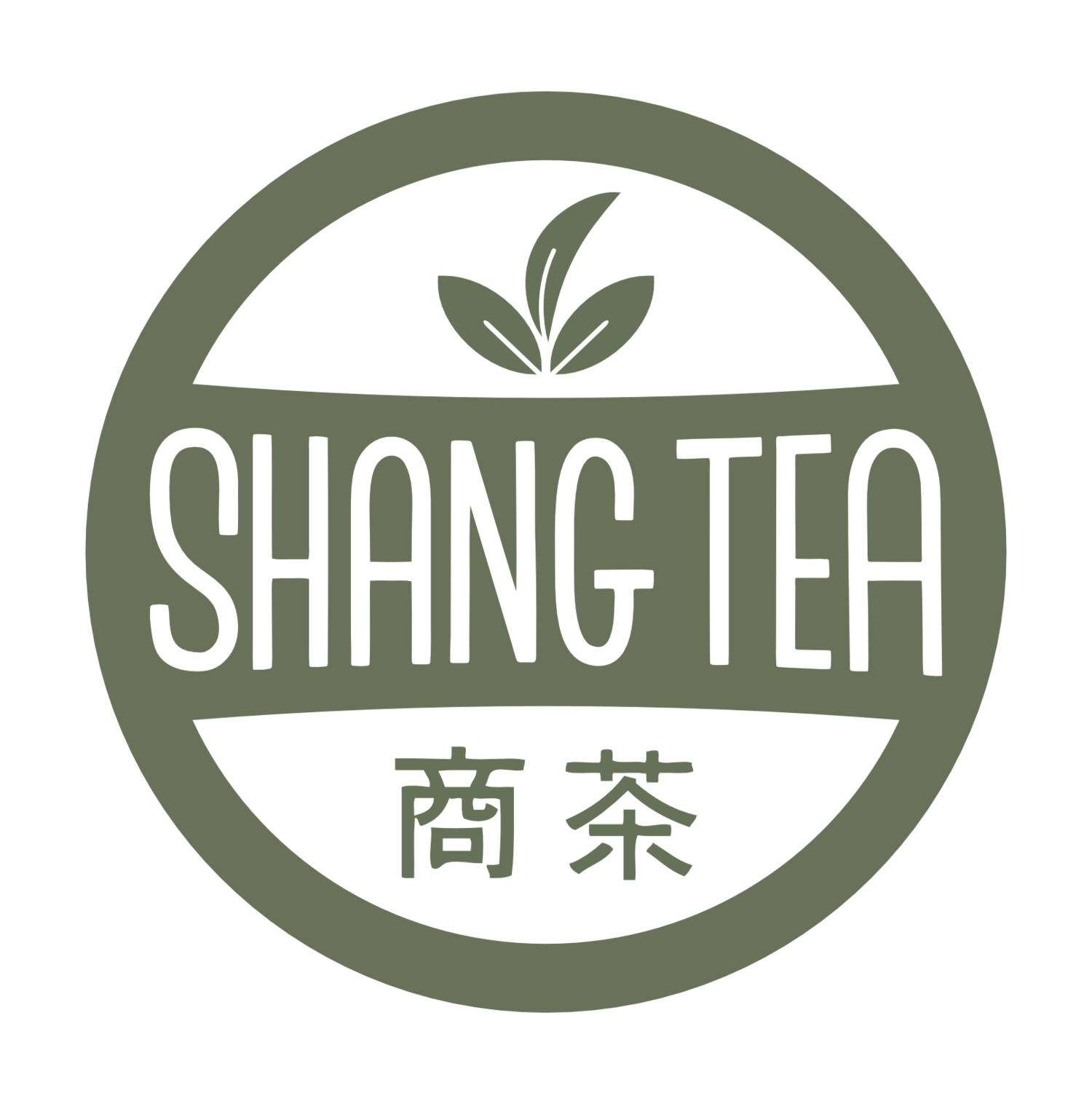Can You Age Loose Leaf Tea?
When purchasing loose leaf tea today, you most likely receive the standard storage instructions: keep your tea stored in an airtight container at room temperature, make sure that the tea is stored in a dry environment, and ensure that your tea is not exposed to any strong odors. If you follow these instructions, most tea companies would tell you that the tea will last anywhere from 1-2 years, and the flavor will slowly diminish during that time.
In China, however, high quality tea will often be stored and aged just like a high quality wine. The most famous aged tea in China is pu-erh, which is a fermented tea that is often pressed into a tea brick or tea cake and originates from the Yunnan Province. Many tea drinkers might be surpised to know that Pu-erh is not the only aged tea that can be found in China. Tea farmers will also age red, black, wu-long, and white teas as well. Even high quality green teas and yellow teas can be aged, although this these tend to be the least common types of aged teas.
High quality aged tea will not have a stale taste like one might expect, but rather gains flavor complexity and richness over time. Aged white tea tends to have a richer and sweeter flavor, while a good oolong might acquire some nice fruity or cocoa notes depending on the initial processing type and growing region the tea came from.
The tea leaves develop new and unique flavors because of the slow oxidation process that they undergo while being in compressed form. Tea leaves that are stored appropriately are naturally collecting the good moisture and oxygen content in the environment. This explains why the flavors tend to deepen and become more rich and flavorful. Darker style teas such as wu-long and red/black teas are processed in a high humidity environment to force the leaves to soak in larger amounts of humidity and oxygen, which can more quickly lead to a distinct flavor. Letting tea leaves naturally soak in the excess moisture and oxygen content in their environment slowly over longer periods of time tends to cause a different, more subtle flavor change that is well worth the wait.
You do not have to be a professional tea master to age tea. If you are interested in trying tea aging on your own, the first thing to do is find a high quality source of loose leaf tea. If your tea is not high quality, then aging will simply cause it to lose flavor and taste bland. Try the tea (if you are not already familiar with it), so that you can identify the initial flavor profile. Then we recommend that you either keep the tea in the original sealed packaging or store it in an airtight container. Next, make sure you store the tea in an environment that is dark, slighly below or around room temperature, and with low humidity. Try to make sure that the area does not have any strong odors or perfumes, as the tea may absorb some of these smells. Store your tea for 2-3 years and then see what new complexities have been added to the flavor profile!
We have a unique selection of extensively aged teas available in store and on this website if you would like to learn more about aged teas!
